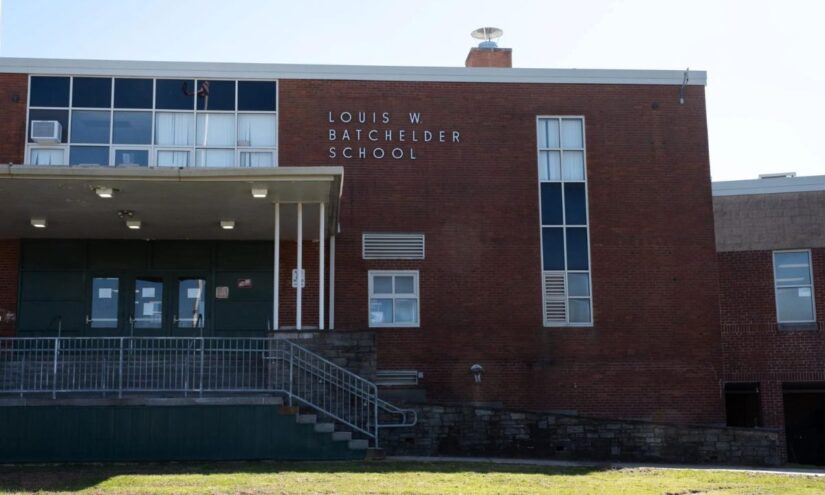During this summer, a team of students from MIT embarked on a journey to the sou …
Report Reveals Concerning Lack of Oversight in Connecticut Special Education Schools
Carlos Changemaker

Many Connecticut special education students attending High Road schools have faced restraints and seclusion, unqualified teachers, and inadequate services, a scathing report from the Office of the Child Advocate and Disability Rights Connecticut revealed on Tuesday.
During a single academic year, there were over 1,200 instances of student restraint or seclusion reported in High Road schools according to the report.
The investigation of six schools in cities like Hartford and New London uncovered systemic failings, a lack of oversight, and blatant disregard for child safety and educational rights, stated Connecticut Child Advocate Sarah Eagan.
Eagan emphasized the urgent need for immediate changes, stating that practices at High Road schools consistently fall short of state laws, educational regulations, and best practices.
High Road, a major state-approved private special education provider in Connecticut, predominantly caters to children from low-income districts and receives considerable public funding annually, the report highlighted.
This 57-page document shed light on the failure of the state Department of Education and district authorities in ensuring compliance with the federal Individuals with Disabilities Education Act at the High Road schools.
According to the report, many students at High Road schools were severely underserved, leading to disengagement, absences, inadequate educational planning, and service deficiencies.
With approximately 316 students enrolled at six High Road schools during the 2021-22 academic year, the student body comprised around 80% boys and 70% students of color from 38 different school districts across Connecticut.
High Road schools received outsourced students from various districts, with Hartford Public Schools being the largest consumer of their services, accounting for about 25% of their student population.
The state Department of Education disagreed vigorously with the report’s findings, claiming to address concerns promptly through off-cycle monitoring reviews and pointing out the lack of complaints related to High Road schools during the investigation period.
In response to the report, a spokesperson from High Road stated that the report did not portray an accurate reflection of their academic and behavioral support systems, highlighting the improvements implemented over two years in response to the investigation.
Over a two-year span, OCA and DRCT inspected several High Road campuses, extensively reviewing educational records, conducting classroom observations, and holding interviews.
Restraint and seclusion practices at High Road schools, particularly in the Hartford Primary/Middle School, were alarming, with over 1,200 reported incidents in 2021-22, the report revealed. Most concerning was the isolation of students in “time-out rooms” without appropriate address of their needs.
Noted in the report was the lack of appropriate staffing in High Road schools, with almost half of the teachers lacking proper certification and background checks.
The investigation highlighted staffing deficiencies across various High Road programs, including concerns with DCF background checks and employment verification processes.
Furthermore, the report found a lack of individualized programming in classrooms, revealing deficiencies in student IEPs, behavioral assessments, and the absence of board-certified behavior analysts on staff.
Progress monitoring and academic goals at High Road schools were also called into question, emphasizing the need for tailored educational programs and appropriate behavioral interventions.
The report showcased instances of disengaged students, inadequate monitoring, and lack of transition services for older students at the High Road schools.
Leadership failure at both the state and local levels was criticized by OCA and DRCT, highlighting the inadequacies in protecting students with disabilities at High Road schools.
The report’s final recommendations called for legislative amendments, enhanced oversight, and transparency in monitoring private special education providers in the state.


